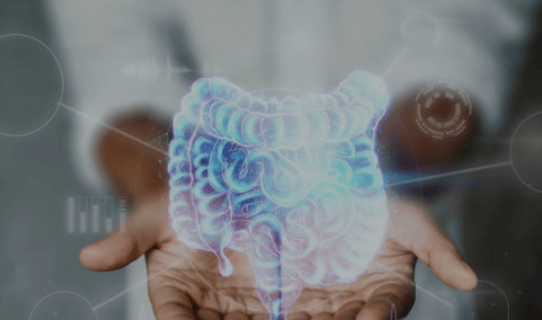The Role of Gut Health in Overall Well-being
The health of your gut plays a pivotal role in your overall well-being, influencing everything from digestion and immunity to mental health. Known as the "second brain," the gut houses trillions of microorganisms, collectively referred to as the gut microbiome. These microorganisms impact various bodily functions, making gut health essential for a balanced and healthy life. In this post, we'll explore the significance of gut health, how it affects different aspects of well-being, and what science says about maintaining a healthy gut.
Health Is Life
1/6/20252 min read
What Is Gut Health?
Gut health refers to the balance and functionality of the microorganisms in your digestive system. A healthy gut ensures efficient digestion, absorption of nutrients, and protection against harmful pathogens. When the balance of these microorganisms is disrupted, it can lead to issues such as inflammation, digestive disorders, and even mental health challenges.
Why Gut Health Matters
Improved Digestion and Nutrient Absorption
The gut microbiome helps break down food and absorb essential nutrients like vitamins and minerals. An imbalance in gut bacteria can lead to malabsorption and deficiencies.
Strengthened Immune System
Around 70% of the immune system resides in the gut. A diverse and balanced gut microbiome helps protect the body from infections and regulates immune responses. Research in Nature Reviews Immunology highlights the link between gut bacteria and immune system functionality.
Mental Health and Mood Regulation
The gut-brain axis is a two-way communication network between the gut and the brain. Studies published in Psychological Medicine suggest that gut health influences mental health conditions like anxiety and depression through the production of neurotransmitters such as serotonin.
Reduced Risk of Chronic Diseases
An unhealthy gut is associated with chronic conditions like obesity, type 2 diabetes, and cardiovascular diseases. A study in The Lancet emphasizes the role of the gut microbiome in metabolic health.
Better Skin Health
Gut health can affect skin conditions such as acne and eczema. Research in Frontiers in Microbiology links a balanced gut microbiome to improved skin barrier function and reduced inflammation.
How to Support Gut Health
Eat a Diverse Diet
Incorporate a variety of fruits, vegetables, whole grains, and fermented foods like yogurt and kimchi. These provide prebiotics and probiotics essential for gut bacteria.
Limit Processed Foods and Sugar
Processed foods and high sugar intake can disrupt the gut microbiome and promote the growth of harmful bacteria.
Stay Hydrated
Adequate hydration supports the lining of the gut and aids in digestion.
Exercise Regularly
Physical activity has been shown to increase the diversity of gut bacteria, contributing to better overall health.
Manage Stress
Chronic stress can negatively impact gut health. Practices like meditation, yoga, and deep breathing help regulate the gut-brain axis.
Consider Probiotics and Prebiotics
Probiotics are live beneficial bacteria, while prebiotics are fibers that feed these bacteria. Consult a healthcare provider for personalized recommendations.
Conclusion
Your gut health is intricately linked to various aspects of your well-being, from digestion and immunity to mental health and chronic disease prevention. By adopting healthy lifestyle habits and paying attention to your gut, you can support not only your digestive system but also your overall health. Investing in your gut is investing in your future.
Scientific References
Sekirov, I., et al. (2010). Gut microbiota in health and disease. Physiological Reviews.
Foster, J. A., & Neufeld, K. A. (2013). Gut–brain axis: how the microbiome influences anxiety and depression. Trends in Neurosciences.
Rinninella, E., et al. (2019). What is the healthy gut microbiota composition? A changing ecosystem across age, environment, diet, and diseases. Microorganisms.
Turnbaugh, P. J., et al. (2006). The human microbiome project: exploring the microbial part of ourselves in a changing world. Nature.
Le Chatelier, E., et al. (2013). Richness of human gut microbiome correlates with metabolic markers. Nature.




